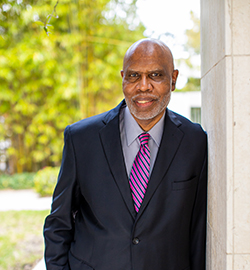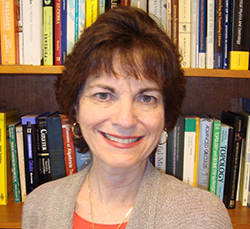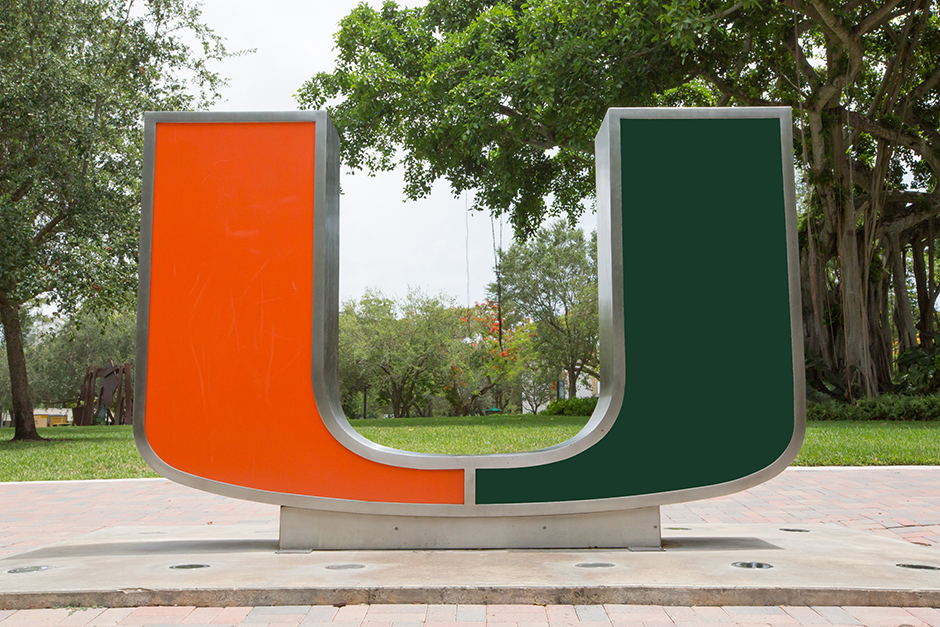Driving inclusion and excellence
Since arriving at the University of Miami in 1988, Marvin P. Dawkins, professor of sociology, has made a long-lasting impact on the University community in the classroom, on faculty matters, and in the athletics space.
 Through various roles, which include director of the Africana Studies program and director of graduate studies in sociology, he has had opportunities to mentor students from myriad disciplines, working with underrepresented minority students and championing inclusion.
Through various roles, which include director of the Africana Studies program and director of graduate studies in sociology, he has had opportunities to mentor students from myriad disciplines, working with underrepresented minority students and championing inclusion.
Dawkins was inspired by Dr. Martin Luther King Jr., who attended a historically Black college, had majored in sociology, and was assassinated in 1968 during Dawkins’ sophomore year at Edward Waters College (a historically Black college).
“When I found out that Dr. King had majored in sociology, I switched my major from biology to sociology, which I thought would lead me into social activism,” said Dawkins. “Instead, sociology led me to a career as a social scientist studying race relations with a focus on racial and other social inequities and injustices in such areas as education and sport.”
Among Dawkins’ extensive career of service for more than three decades at the University, his role as faculty athletics representative to the Atlantic Coast Conference (ACC) and the National Collegiate Athletic Association (NCAA) stands out. Initially appointed in 2012, he is responsible for representing University academics to the 14 partner institutions in the ACC, certifying NCAA eligibility of more than 400 student-athletes, certifying coaches on NCAA-mandated rules, setting the agenda for strategic priorities, and ensuring academic integrity for student-athletes.
The author of three monographs and more than 70 peer-reviewed articles, Dawkins is currently working on a book-length study on African Americans and golf.
Shaping a field of study.
A world leader in the field of combinatorics, Michelle Wachs Galloway, professor of mathematics, has spent her career specializing in algebraic combinatorics and studying the topology of combinatorial simplicial complexes. Combinatorics is the science of counting, arranging, and analyzing concrete discrete configurations, which can arise in various fields of mathematics, computer science, physics, biology, and engineering.

Her love of mathematics began at an early age, long before having any idea of what being a mathematician entailed. Wachs Galloway, a child of immigrants, grew up in New York City and earned her undergraduate degree at the City College of the City University of New York.
After obtaining a doctorate in mathematics at UC San Diego, Wachs Galloway joined the University of Miami faculty in 1977 at age 24. Throughout her career, she has served in various visiting positions at top mathematical institutes, including the Newton Institute at Cambridge University, the Mathematical Sciences Research Institute in Berkeley, and the Mittag-Leffler Institute in Djursholm, Sweden.
“One great thing about doing research in math is that you can do math anywhere—on an airplane, on the beach, in the shower,” said Wachs Galloway. “But that can also be a bad thing because it is often hard to turn it off. I have been to concerts and plays that were ruined for me since I couldn’t stop thinking about a math problem that I was stuck on.”
In 2013, she was awarded a prestigious and highly competitive Simons Fellowship and was a recipient of the Provost's Award for Scholarly Activity. During the past 40 years, she has received continuous research support by the National Science Foundation as principal investigator for research grants in combinatorics.

